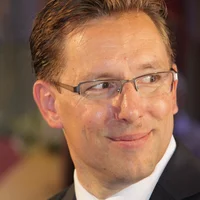On Sunday, 23rd of October, the Paul Scherrer Institute opened its doors and invited the public to explore and experience the manyfold topics which are researched at PSI. The Laboratory for Energy Systems Analysis was present at two stations. In LEA, we simulate and model how and at which cost the energy demand of the Swiss population can be covered today and in future – aiming for low greenhouse gas emissions and trying to avoid other negative impacts on environment and society. With three exhibits, we showcased for the audience which conflicting goals can arise from these goals when considering the electricity sector, heat sector, mobility, energy storage, and energy exchange with other countries for private, industrial and commercial energy supply.
Two of the three exhibits demonstrated in an interactive way energy scenarios for a net zero greenhouse gas emissions Switzerland by 2050. The third exhibit was prepared with contents from the Technology Assessment group, letting the visitors decide with a tile-based game how the passenger car fleet should look like in future. The game showed the players which implications their choice has on cost, direct and indirect greenhouse gas emissions, human health, and triggered discussion on aspects which have to be considered on top of the mentioned ones. We then visualized how we deal with much more complex decisions in our Multi-Criteria Decision Analyses. As last step, the visitors could then proceed to get a feeling of how all this will fit into the complete energy scenery in Switzerland. In addition to what we showed at the two stations, visitors were sent to our permanent exhibition in the PSI visitor center: a simplified version of our carculator tool.
We enjoyed the direct contact to and many interesting discussions with the visitors, who made us talk without a break throughout the whole day. We were proud to present a glance of our research to so many people, and hope that we have risen awareness that we do complex systems analysis and can support important decisions in the energy sector in a coherent way.


